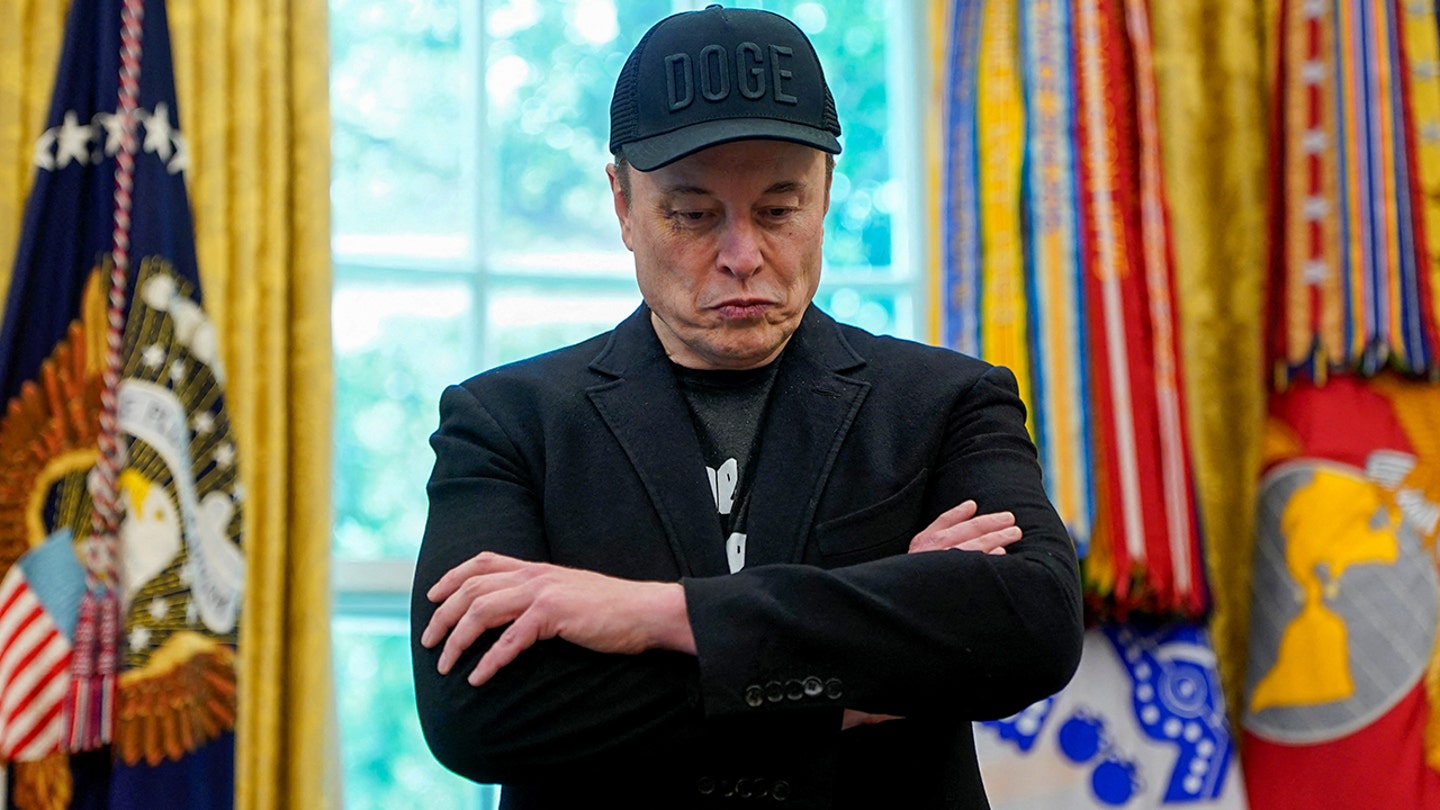Entities mentioned:
- Kristi Noem: Duty, Loyalty, Control
- Donald Trump: Control, Security, Legacy
- Department of Homeland Security: Security, Control, Duty
- US Border Patrol: Security, Duty, Professional pride
- US Customs and Border Protection: Security, Duty, Control
Article Assessment:
Credibility Score: 70/100
Bias Rating: 55/100 (Center)
Sentiment Score: 45/100
Authoritarianism Risk: 65/100 (Authoritarian Tendencies)
Bias Analysis:
The article presents a fairly balanced view, including both administration claims and skepticism from officials. While it focuses on the administration's perspective, it also includes historical context and potential criticisms of the approach.
Key metric: Immigration and Border Security
As a social scientist, I analyze that this article highlights the continuation of hardline immigration policies from the Trump administration into its second term. The decision to paint the border wall black represents a symbolic and practical approach to deterring illegal border crossings. This move may impact immigration patterns and public perception of border security measures. The emphasis on physical barriers and technological enhancements suggests a prioritization of deterrence and control over other potential immigration management strategies. The reported decrease in border apprehensions could be interpreted as a sign of policy effectiveness, though the causality is not definitively established. The substantial funding allocated to border infrastructure underscores the administration's commitment to this approach, potentially affecting budget allocations for other domestic or international priorities.











